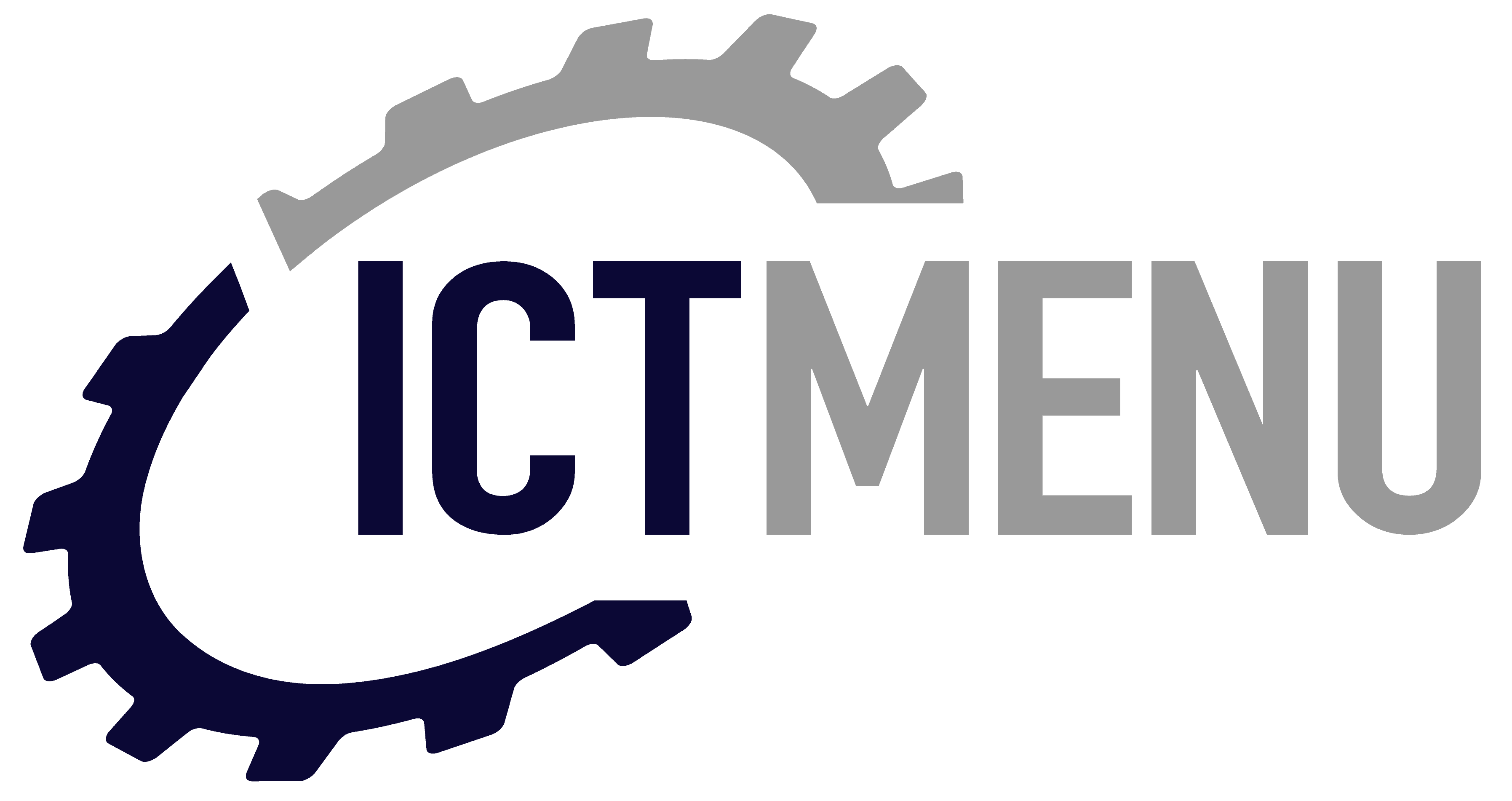RustDesk is a powerful remote access tool designed to simplify the management of digital infrastructure across various operating systems. Offering a seamless alternative to traditional remote desktop solutions, RustDesk allows IT professionals and tech enthusiasts to maintain and control devices efficiently. Notable for its end-to-end encryption and optional self-hosting capabilities, this tool aligns with modern security needs. In this article, explore how RustDesk can elevate your remote access solutions, offering insights into its features, compatibility, and implementation strategies.
Understanding RustDesk’s Core Features
RustDesk shines in the realm of remote access software with a suite of core features expertly designed for both efficiency and security. At the heart of RustDesk’s capabilities is its end-to-end encryption, which ensures data safety during transmission, protecting sensitive information from unauthorized access. This robust security feature is complemented by RustDesk’s cross-platform compatibility, seamlessly supporting Windows, Linux, macOS, iOS, and Android. Such versatility allows users to easily connect from various devices, enhancing flexibility and accessibility for remote operations.
Users can explore the optional self-hosted server, granting greater control and privacy over data. This feature is particularly beneficial for organizations that prioritize keeping operations in-house, as it removes dependencies on third-party servers for data storage and transmission. RustDesk’s architecture also includes TCP tunneling, which simplifies connectivity by securely and transparently managing various network conditions. This enhances RustDesk’s reliability, even in environments where direct connections might be disrupted or compromised.
File transfer capabilities in RustDesk further streamline remote work by allowing users to move files quickly and effortlessly between connected devices. This feature proves invaluable for collaborative work or scenarios where immediate access to documents and resources is critical. Together, these elements make RustDesk a versatile tool for effective remote management.
As we delve into the next chapter, we’ll explore RustDesk’s compatibility across different operating systems, emphasizing its adaptability and broad utility for diverse tech ecosystems. By understanding its platform-wide reach, users can fully leverage RustDesk’s potential to enhance their digital infrastructure.
Compatibility Across Operating Systems
RustDesk offers robust support across multiple operating systems, making it a versatile tool for any IT environment. With compatibility on platforms such as Windows, macOS, Linux, iOS, and Android, RustDesk integrates effortlessly with existing setups. Whether you’re working in an enterprise with mixed OS deployments or managing personal devices, RustDesk’s cross-platform functionality ensures uninterrupted connectivity and control over your digital workspace.
Benefit from RustDesk’s seamless cross-platform capabilities, which are particularly advantageous for environments utilizing a combination of operating systems. The ability to access and manage devices remotely, regardless of the underlying OS, simplifies workflows and enhances productivity, allowing IT professionals to focus on strategic tasks rather than operational hassles.
RustDesk also incorporates NAT passthrough technology, eliminating complex network configurations often necessary with remote access solutions. This allows for direct connection across different local networks without the need for a virtual private network (VPN), streamlining setup and ensuring a quick and efficient start-up process. By reducing dependency on VPNs, RustDesk offers a more straightforward and effective solution for remote access needs, suitable for both small businesses and large enterprises alike.
This functionality not only serves those familiar with intricate IT setups but also supports tech enthusiasts and hobbyists seeking a reliable remote access tool. As you explore the convenience offered by RustDesk, the next natural consideration is its approach to safeguarding your connections. By examining the security and encryption protocols RustDesk employs, you can confidently ensure that your remote interactions are as secure as they are seamless.
Security and Encryption in RustDesk
RustDesk prioritizes security by employing an end-to-end encryption model that ensures all communications are protected from unauthorized access. This robust encryption framework keeps data confidential and limits breaches, offering users a shield against common vulnerabilities in remote access software. By utilizing advanced encryption protocols, RustDesk upholds data integrity, making sure that every piece of information exchanged is secure and untouched by external threats. This security-first approach not only protects sensitive data but also builds substantial trust among users, reinforcing confidence that their remote connections via RustDesk are safeguarded against potential risks.
Security protocols in RustDesk involve complex algorithms that encrypt both data in transit and at rest, preventing unauthorized parties from intercepting or tampering with sensitive information. The encryption methods are designed to maintain the highest level of confidentiality, making it nearly impossible for unauthorized individuals to access the data exchanged through this platform. As such, RustDesk’s security framework becomes a cornerstone of its appeal, offering reliable protection that inspires user confidence and fosters wider adoption.
As readers have explored how RustDesk securely connects across operating systems, the natural next step is understanding how to take control of their own remote access environment. For those interested in managing their infrastructure, the upcoming chapter will guide you through setting up a self-hosted RustDesk server, an exciting opportunity to enhance control over your remote access configuration.
Setting up a Self-Hosted RustDesk Server
RustDesk offers an excellent opportunity for users seeking a self-hosted server setup, providing enhanced control, privacy, and flexibility over remote connections. This model allows customization of security protocols to match organization-specific needs. To implement a self-hosted environment with RustDesk, begin by downloading the necessary server binaries from RustDesk’s official repository. Extract these files into your server environment and configure the server settings to align with your security preferences. Ensure that your server environment meets the necessary requirements, such as a compatible operating system and sufficient network bandwidth.
Network and firewall configurations are crucial considerations during setup. You need to open specific ports on your firewall to enable seamless communication between clients and the server. Commonly, port 21115 is used for the RustDesk relay server, and 21116 for the repository server, but these can be adjusted depending on your security tactics or network architecture. Properly configuring these settings can prevent unauthorized access while allowing legitimate connections to pass through.
The benefits of self-hosting with RustDesk are significant. You retain complete control over user data, ensuring that sensitive information does not pass through third-party servers. This autonomy is particularly valuable for organizations with stringent data privacy policies. By managing your own server, you also reduce reliance on external service interruptions and can swiftly implement updates and security patches.
As you explore RustDesk’s self-hosting capabilities, it’s important to consider how this setup balances against other remote software tools. This comparison will assist in evaluating which tool best fits your specific needs and infrastructure.
Comparing RustDesk with Other Software
RustDesk brings a fresh perspective when evaluated against competitors like TeamViewer or AnyDesk, by leveraging its open-source nature to offer distinct advantages in flexibility and customization. This unique trait allows users to modify the software to meet specific needs, ensuring a tailored fit that’s often unavailable with proprietary alternatives. Unlike typical remote access software that might restrict modification and dictate terms, RustDesk empowers users with full visibility and control over both the server and client-side capabilities. This feature makes it highly appealing to IT professionals and tech enthusiasts pursuing self-hosted remote solutions.
Furthermore, RustDesk shines as a cost-effective alternative for those mindful of their budgets. With no mandatory licensing fees and its open-source roots, users can deploy it richly without financial constraints typically associated with well-known, paid solutions. For organizations or individuals who manage multiple devices, this can result in significant savings over time, particularly when scaling operations or expanding infrastructural needs.
The user interface of RustDesk is intentionally designed to be intuitive, aligning closely with the usability standards of proprietary software. Offering a seamless user experience, it ensures that even those less familiar with remote access tools can navigate and operate it efficiently without a steep learning curve. The balance of simplicity and functionality positions RustDesk as both user-friendly and robust, catering to a wide spectrum of users.
In completing the setup process for self-hosting as discussed in the previous chapter, RustDesk’s offerings allow straightforward deployment of its features across platforms. This transitions neatly into exploring practical use cases and deployment strategies, illustrating how users can further establish RustDesk within their digital environments.
Practical Use Cases and Deployment
RustDesk emerges as a pivotal tool in the realm of remote access, seamlessly bridging geographical constraints for IT support, education, and telecommuting sectors. Its practical applications are vast, driving efficiency and security across various digital landscapes. In IT support, RustDesk proves invaluable by offering technicians a robust platform to swiftly diagnose and resolve issues irrespective of their physical location. The software’s capability to operate in a seamless window mode significantly enhances user experience, allowing for smooth transitions and uninterrupted workflows. Additionally, the intuitive file transfer feature enables quick and secure sharing of critical data, optimizing problem-solving efficiency.
In the education sector, RustDesk facilitates a dynamic remote learning environment. By enabling educators to effortlessly access student machines, it ensures interactive and personalized teaching experiences. This interaction not only supports diverse learning styles but also fosters a more inclusive educational framework. For telecommuters, RustDesk provides a secure connection to workplace resources, ensuring workflow continuity and data integrity. Users gain reliable access to corporate networks, supporting productivity regardless of physical workspace.
Successful case studies illustrate RustDesk’s adaptability, showcasing deployments in both small-scale operations and large enterprises. Strategic deployment is crucial; aligning software configuration with organizational needs optimizes performance and resource allocation. Whether opting for cloud-based or self-hosted solutions, RustDesk offers flexibility, catering to diverse scale requirements while maintaining robust security measures. With its comprehensive feature set, RustDesk stands as an essential asset for organizations striving for efficient remote infrastructure management.

